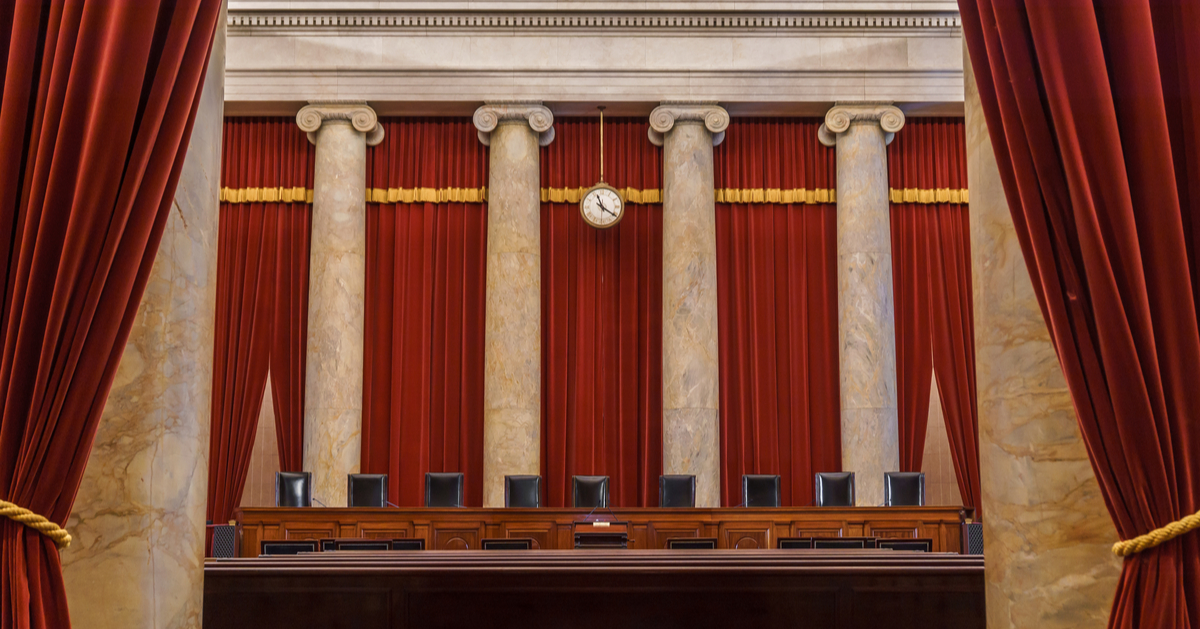Chief Justice John Roberts and Justice Neil Gorsuch join with liberals in immigration case
Six members of the Supreme Court's America's highest judicial body were appointed by Republican presidents with of them being named by President Donald Trump.
Yet in a move which is sure to be seen as a betrayal by some conservatives, one of Trump's appointees recently sided with his liberal colleagues.
Case concerned time frame in which aliens can voluntarily leave
Fox News reported this week that Justice Neil Gorsuch and Chief Justice John Roberts agreed with Democratic-appointed Justices Elena Kagan, Sonia Sotomayor, and Ketanji Brown Jackson in Velazquez v. Bondi.
The case looked at the 60-day "voluntary departure" rule under which aliens who are regarded to be of "good moral character" can leave the country on their own terms.
At issue was whether the 60-day window is extended when it falls on a weekend or legal holiday, with the Supreme Court ruling in favor of the plaintiff.
"When Congress adopts a new law against the backdrop of a ‘long-standing administrative construction,’ the Court generally presumes the new provision works in harmony with what came before," Gorsuch wrote in the majority opinion.
Other Republican appointees dissent for varying reasons
"Since at least the 1950s, immigration regulations have provided that when calculating deadlines, the term ‘day’ carries its specialized meaning by excluding Sundays and legal holidays (and later Saturdays) if a deadline would otherwise fall on one of those days," Gorsuch observed.
He went on to recall how the Illegal Immigration Reform and Immigrant Responsibility Act which Congress in 1996 employs the same reading.
Fox News pointed out how the Republican-appointed Justices Clarence Thomas, Samuel Alito, Brett Kavanaugh, and Amy Coney Barrett dissented from the majority opinion for various reasons.
Barrett objected to the nature of the appeal which Monsalvo filed whereas Thomas indicated that he would have remanded the case back to the 10th Circuit so it could resolve other outstanding issues.
Alito: "Sympathy for petitioner cannot justify the Court’s decision"
Meanwhile, Alito authored a separate dissent in which he rejected the majority's reasoning wholesale and argued that the 60-day period should include weekends.
Alito was unmoved by Monsalvo's circumstances, noting how "[t]here will always be a sympathetic pro se alien who is a day or two late," Alito said.
"Unless the Court is willing to extend the statutory deadline indefinitely, it would presumably be forced to say in such cases that a day too late is just too bad," he noted
The Republican appointed therefore concluded that "[f]or this reason, sympathy for petitioner cannot justify the Court’s decision."






